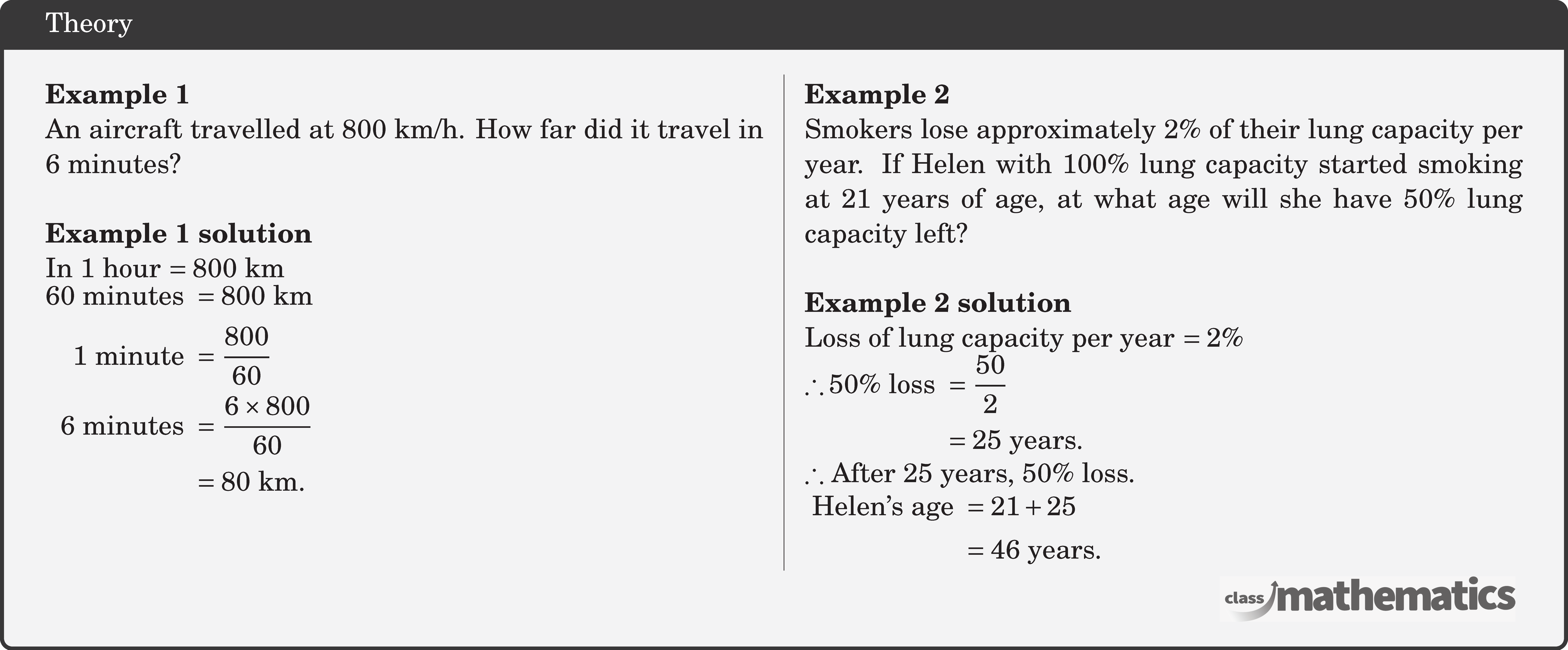Resources for Rate Problems
-
Questions
10
With Worked SolutionClick Here -
Video Tutorials
2
Click Here
Rate Problems Theory

10
With Worked Solution2

Videos relating to Rate Problems.
With all subscriptions, you will receive the below benefits and unlock all answers and fully worked solutions.